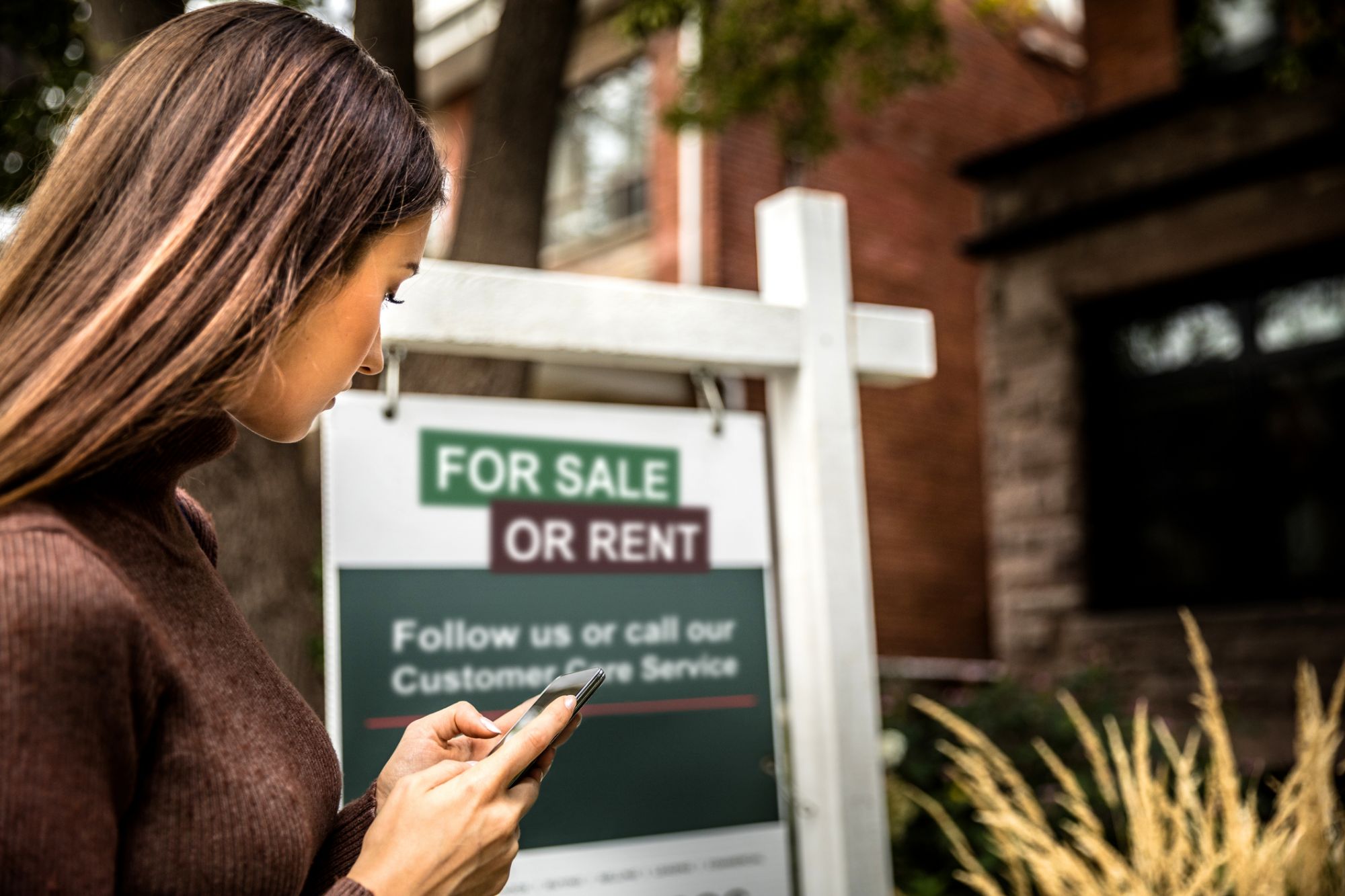Getting Your Feet Wet in the Rental Property Business The 10-step plan to purchasing your first rental property
Opinions expressed by BIZ Experiences contributors are their own.
The following excerpt is from Mark J. Kohler's book The Tax and Legal Playbook. Buy it now from Amazon | Barnes & Noble | IndieBound | BIZ Experiences Books
Thinking of buying rental property can be daunting and overwhelming. Where does one start? Over the years, I've developed and created the following 10 steps as a guide for my clients who are new investors. I hope this list serves as a starting point in your venture into owning and operating rental real estate.
1. Make a goal. Set a deadline to purchase your first rental, and stay committed. Let friends and family know your goal. Write it down, and set short, concise deadlines for conducting a property search and deciding, rather than having vague, open goals like, "Buy rental by X date." However, make sure you set manageable goals that you can meet.
2. Start shopping. Just get out and start looking at rental properties. Hire two or more real estate agents, or work with other investors to send you leads in the markets you're considering. Once you start looking, you'll get more motivated.
Related: Tax-Savings Strategy: Hiring Your Children and Grandchildren
3. Develop a spreadsheet. A coherent spreadsheet for analyzing your prospective properties is crucial. You should set forth criteria to rank the properties by rent rates, operating costs, debt service, property management, etc., and create an ultimate annual ROI calculation for each of the properties you're considering. By determining this ROI, you can then compare it against the other properties and options in your investment portfolio.
4. Look at lots of property. Take your time, and look at plenty of properties. There's no rush. I tell clients again and again: There will always be a deal next week. Follow your gut, and don't get sucked into a deal you don't feel good about.
5. Make an offer and start due diligence. Once you find a property that fits the bill, make an offer contingent on due diligence. If you don't like the deal, get out. Don't get emotionally attached to a transaction you aren't positive about.
6. Do more due diligence. Look at the property from every angle. Read books and talk to others about nightmare experiences so you can look for similarities and spot any possible problems in your own transactions. Be patient and don't get discouraged.
Related: The 7-Step Health Care Plan for Small-Business Owners
7. Open escrow. Once you're happy with your due diligence and the property looks like a winner, start reviewing documents and move toward closing. Begin forming an LLC, which I recommend to hold rental(s) because asset protection is critical. Certainly, don't do your first deal on your own; set up a consultation with your CPA or tax attorney so you can discuss the matter and get help reviewing your documents if necessary.
8. Close and deed the property to an LLC. Don't stress about closing in your own name if you don't have the LLC finished before closing. There are only a few states where this is important to consider. Also, don't worry about the "due on sale clause" when deeding to your own LLC. The bank is worried if you transfer the property to someone else after closing, not if you simply transfer it to your own entity or trust.
Related: The Most Forgotten Tax Deductions Business Owners Should Take
9. Track expenses. Keep track of everything for tax purposes. This includes the costs you incurred before you closed, the closing statements, and expenses afterward. Everything related to the purchase and management of the property is a tax write-off.
10. Manage the property, tenant(s) and your property manager. In summary, this property won't run itself. Stay involved. Take lots of pictures regularly. Keep good records on your tenants and your property manager, if you're using one. Visit the property regularly. There are excellent books, online education, in-person training, and consultants and coaches who can help you learn how to properly manage your property without having to learn the hard way by making unnecessary mistakes.













